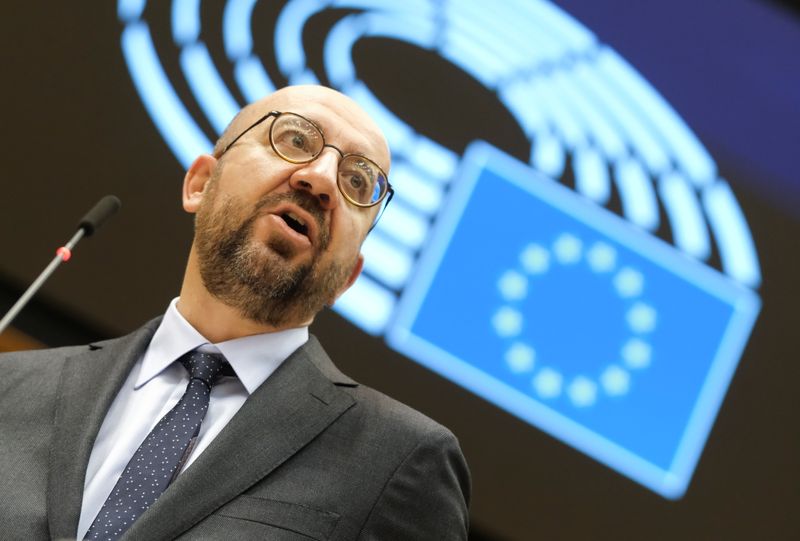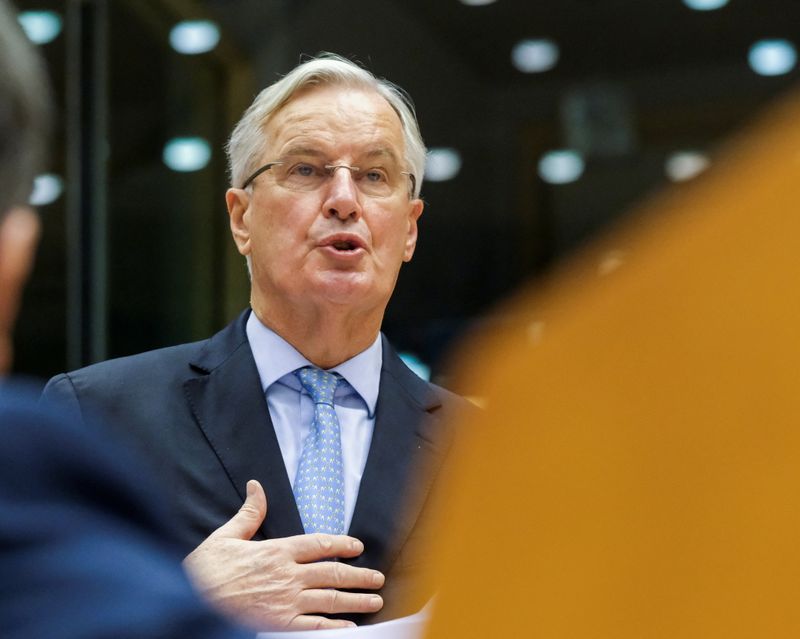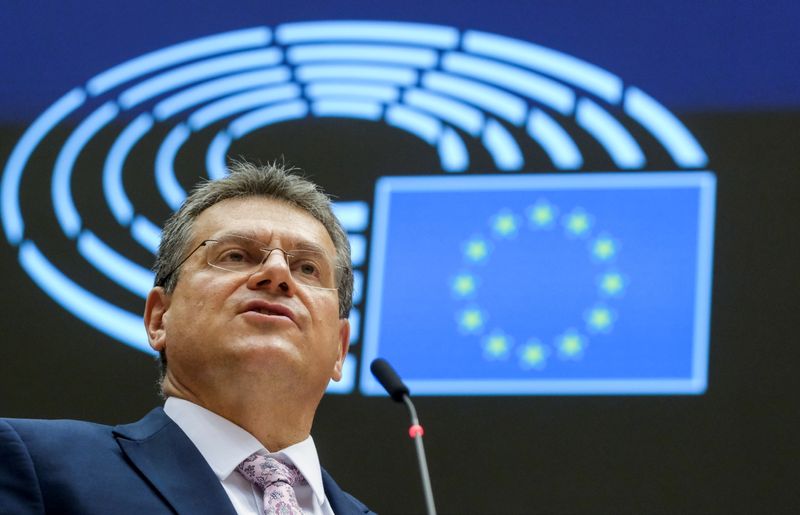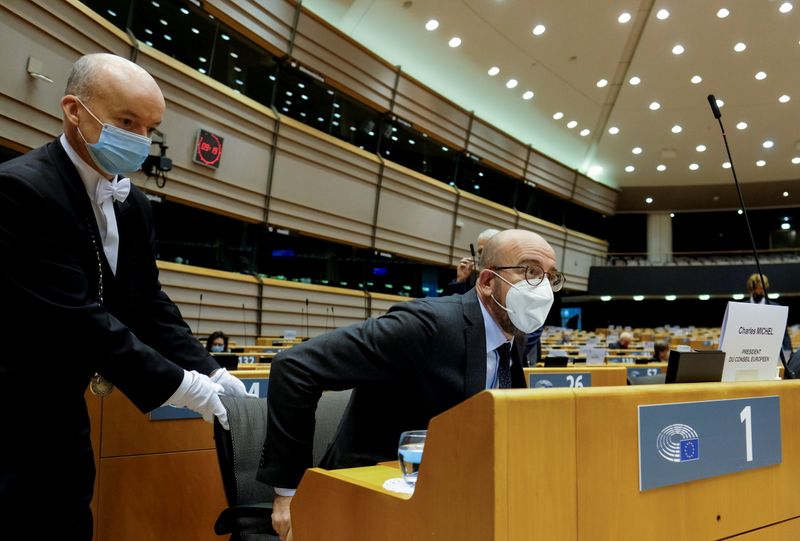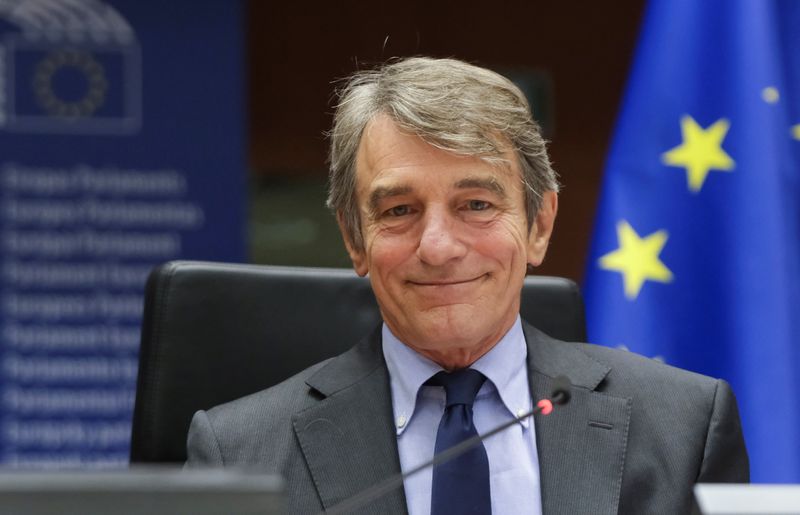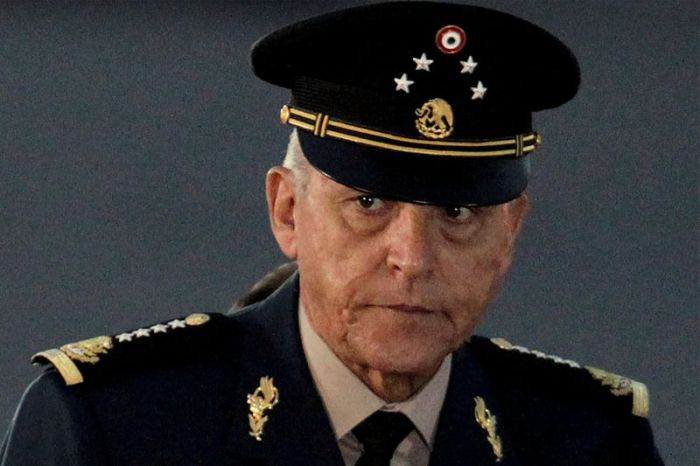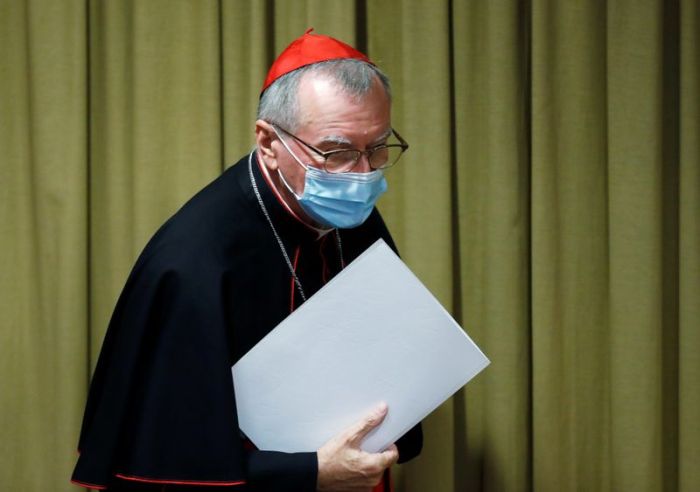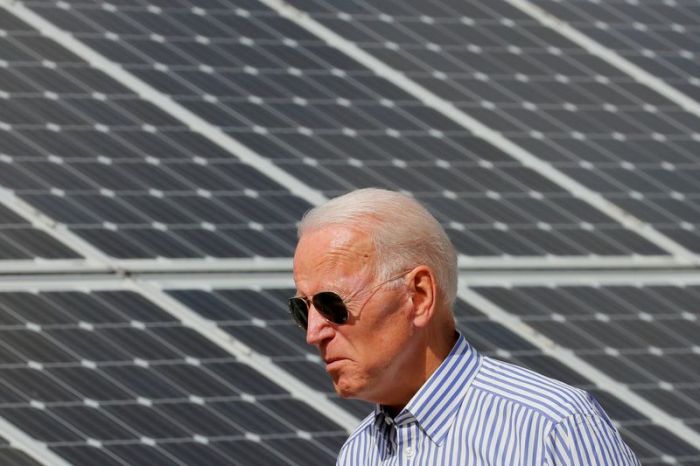BRUSSELS/LONDON (Reuters) – Britain will resume talks with the European Union on Thursday, marking a new push by the two sides to protect billions of dollars worth of trade from the beginning of next year.
Prime Minister Boris Johnson walked away from the negotiations late last week after British officials criticised conclusions from an EU summit which they said suggested only London should compromise to try to secure a new trade deal.
With just 10 weeks until a status quo Brexit transition period is due to end, both sides have traded blame and called on each other to offer more concessions in the talks, which have been all but deadlocked since the summer.
But while markets welcomed the resumption, it is unclear whether the two sides can bridge gaps on fair competition guarantees — especially state aid rules — and fisheries, a sector laden with symbolism for Brexit supporters in Britain.
A spokeswoman for Johnson’s Downing Street office said Britain’s chief negotiator David Frost had spoken to EU counterpart Michel Barnier and welcomed his comments from earlier in the day.
“On the basis of that conversation we are ready to welcome the EU team to London to resume negotiations later this week. We have jointly agreed a set of principles for handling this intensified phase of talks,” the spokeswoman said.
“It is clear that significant gaps remain between our positions in the most difficult areas, but we are ready, with the EU, to see if it is possible to bridge them in intensive talks,” she said in a statement.
The British side was keen to play up that “as both sides have made clear, it takes two to reach an agreement”.
The initial phase of negotiations will take place in London from Oct. 22 until Oct. 25, with talks after that taking place by agreement.
GAPS REMAIN
Earlier, European Council President Charles Michel told the European Parliament that time was very short.
“We stand ready to negotiate 24/7, on all subjects, on legal texts. The UK has a bit of a decision to make and it’s their free and sovereign choice,” Michel said.
He said Britain’s answer would determine its level of access to the EU’s internal market of 450 million consumers. Barnier told the parliament an agreement was still “within reach”.
Keen to avoid any blame, the bloc is ready to negotiate until mid-November but must then ratify any deal in the European Parliament before time is up.
There has been some movement on both sides over the so-called level playing field, fisheries and how to settle disputes, but not enough to find agreement.
Johnson’s main red line is the return of sovereignty, cast as “taking back control”, while the EU argues Britain’s proximity to the bloc means it cannot be treated in the same way as Canada, upon which London has modelled its trade demands.
A no-deal finale to Britain’s five-year Brexit drama would disrupt the operations of manufacturers, retailers, farmers and nearly every other sector just as the economic hit from the coronavirus pandemic worsens.
Michel stressed the 27 EU members were ready for an abrupt split without a new agreement to avoid tariffs or quotas.
“We don’t need words, we need guarantees,” he said of fair competition safeguards, also calling for “binding, independent arbitration” to redress market distortions swiftly.
London’s draft Internal Market Bill — which would undermine Britain’s earlier divorce deal with the EU — only strengthened the bloc’s resolve to ensure tight policing of any new deal, Michel said.
(Additional reporting by William James, Costas Pitas and Michael Holden in London, Robin Emmott, Kate Abnett and Franceso Guarascio in Brussels, Writing by Gabriela Baczynska and Elizabeth Piper, Editing by Gareth Jones, Giles Elgood and Catherine Evans)

